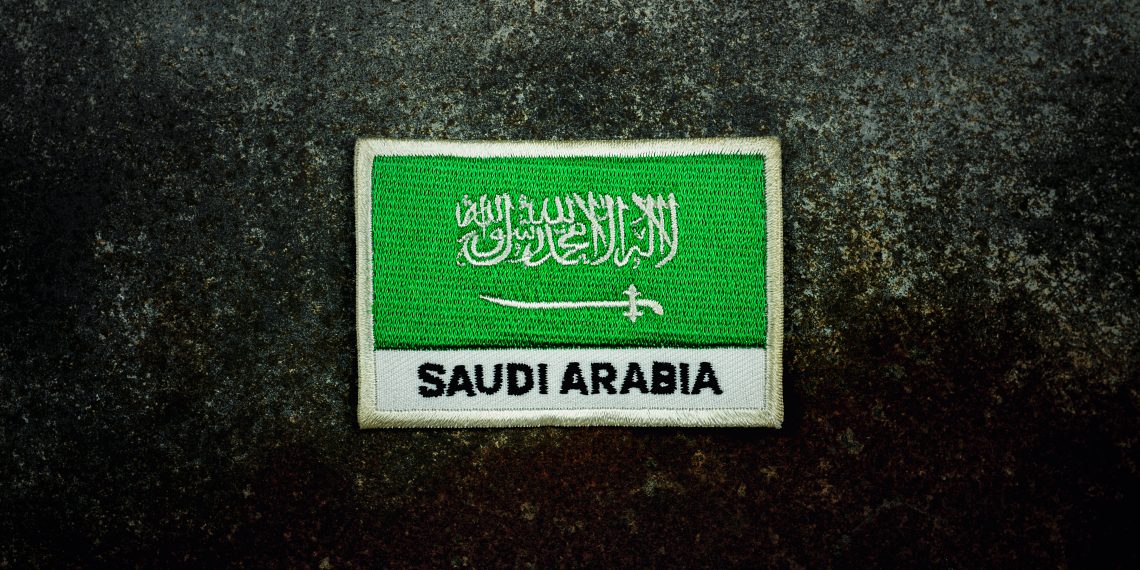Saudi Arabia has deepened its collaborative ties with Japan through a newly signed agreement aimed at bolstering cooperation in the mining and mineral resources domain.
The memorandum of cooperation (MoC) was formalized in Riyadh, with Japan’s Minister of Economy, Trade and Industry, Ken Saito, and Saudi Arabia’s Minister of Industry and Mineral Resources, Bandar AlKhorayef, at the helm of the signing.
The agreement underscores Japan’s intention to partner with the Kingdom, noting its reliable mineral supply, while Saudi Arabia continues its drive to diversify its economic landscape.
Previously in the month, discussions between the two ministers took place, focusing on expanding their economic partnership. Saito emphasized the advantages inherent in the Japan-Saudi Vision 2030 framework.
During a visit to Riyadh in March, Minister Saito secured an agreement for Japanese investment across Africa and other regions rich in natural resources. The investment is particularly concentrated on minerals such as nickel and lithium, which are crucial for the manufacture of electric vehicle batteries. Saito expressed a desire to “promote efforts to strengthen the supply chain of important minerals by actively involving companies from both countries.”
Furthermore, Saito met with Saudi Arabia’s Minister of Investment, Khalid Al-Falih, to discuss the economic relationship between the two nations.
In parallel, Saudi Arabia’s National Debt Management Center and the Ministry of Finance signed a memorandum of understanding with the Japan Bank for International Cooperation. This agreement aims to explore avenues for expanding their existing relationship and fostering cooperation to support mutually beneficial activities.
Additionally, the National Water Company (NWC) and the Japanese firm FujiClean signed a memorandum of understanding to advance cooperation in the transfer and development of state-of-the-art wastewater treatment technologies. The objective is to register these technologies as global products within the Kingdom, thereby enabling their use in wastewater treatment across Saudi Arabia and potentially the broader region.
Mansour Abu Thunain, NWC Executive Deputy for Projects and Technical Services, emphasized that this initiative is in line with the company’s strategy to localize wastewater treatment technologies. The partnership seeks to engage with both local and international entities to enhance the water industry. He highlighted the benefits of the Japanese technology, which includes ease of operation, cost-efficiency, and a compact design, making it ideal for use in areas with dispersed populations.
NWC has committed to working with Japanese partners to roll out an empowerment and localization program for the technologies provided by FujiClean. This comprehensive plan includes developing training modules for NWC engineers and technicians and expanding the national workforce through cooperation with various sectors, as stipulated in the memorandum.


